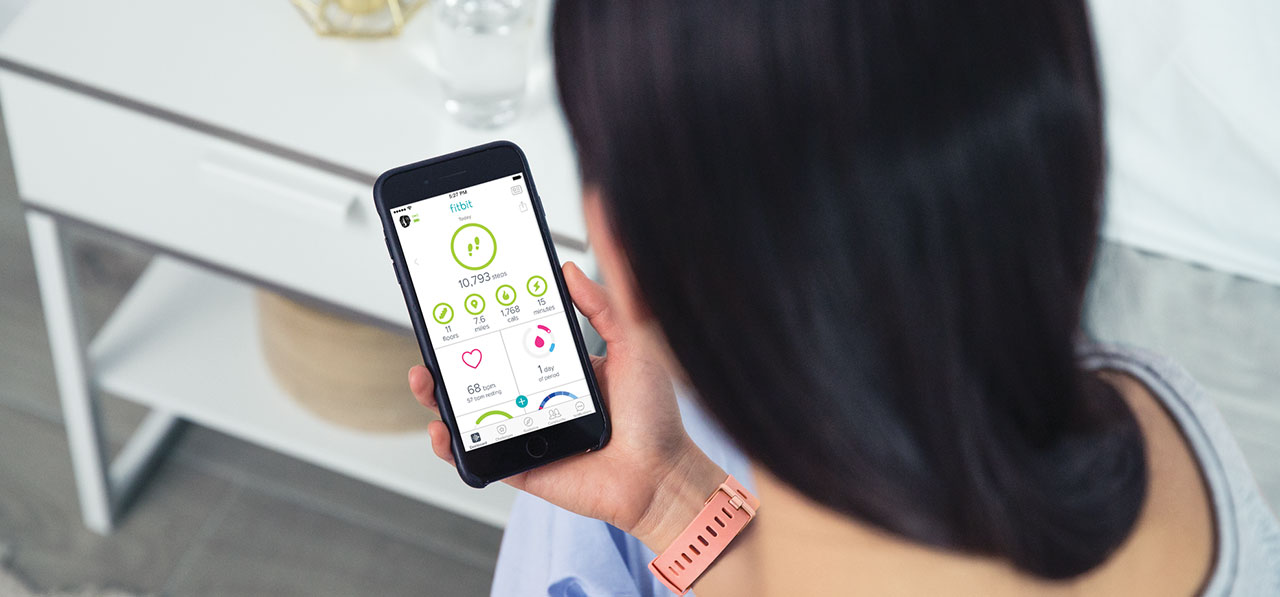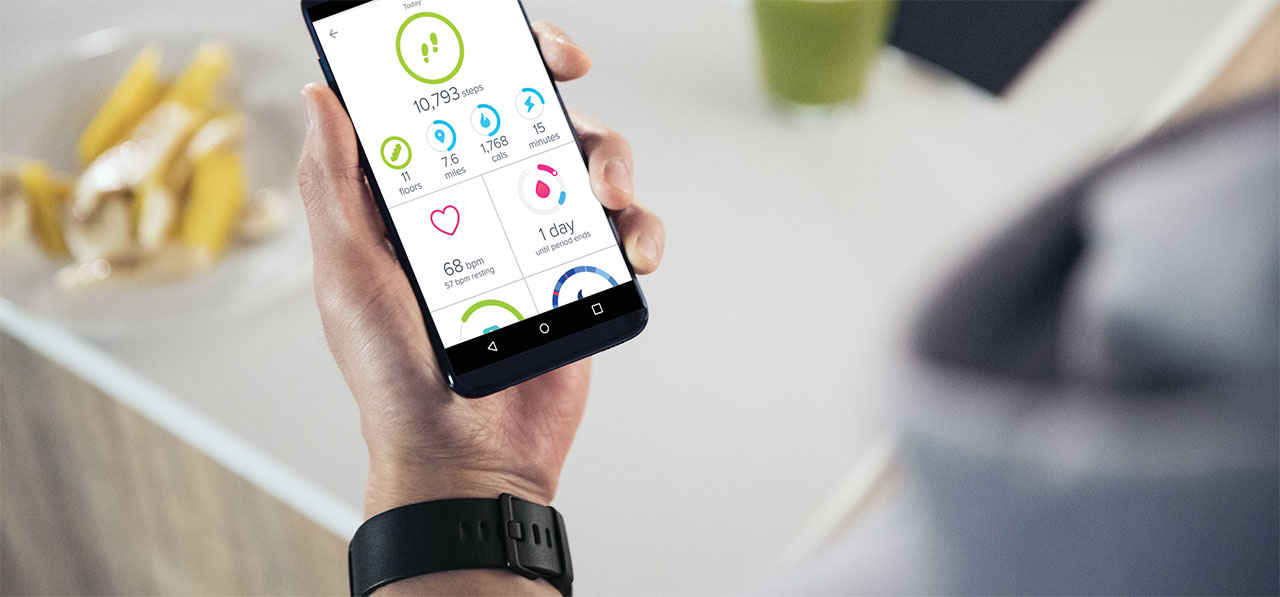Smart Tech That Can Improve Patient Empowerment
One of the best and least expensive types of medicine is preventive medicine. While healthcare providers typically lead the charge in this area, the patient also needs to be on board. With insights into their own health data and their genetic risks, individuals become empowered to make healthy lifestyle choices.
Preventive care is particularly important in chronic disease management. According to the Centers for Disease Control (CDC), chronic diseases, including heart disease, cancer, and diabetes, are responsible for seven out of every 10 deaths among Americans annually and account for 75 percent of US healthcare spending. The CDC also notes that chronic diseases can be largely preventable through close partnership with a patient’s healthcare team or can be detected early through appropriate screenings, when treatment works best.
Thanks to innovations in technology, patients are becoming more empowered with tools that can help them discover their genetic predisposition to medical conditions and disease, monitor daily changes in health, and easily communicate with healthcare providers (any time, day or night) for advice. Here’s a quick look at places where technology is lending a helping hand in patient health management.
Health insights are in your genes. While doctors are more frequently using a patient’s genetic profile in making care decisions, patients are also playing a role in awareness and seeking their own genetic maps. Many different companies offer direct-to-consumer testing kits, allowing people to explore more about their health and wellness. One popular kit provides a test that includes 85+ online reports of ancestry, wellness reports, personal traits (taste, smell, balding), and genetic carrier risks, including vision loss, cystic fibrosis, sickle cell anemia, and hereditary hearing loss. For the carrier tests, the company recommends genetic counselors to help consumers better understand genetic testing and the results.
The patient-based genetic testing firms offer a variety of different value-adds. One company offers consumers saliva-based DNA tests to uncover their genetic mix from 26 different regions and understand their lineage. Another manufacturer’s kit compares a person’s DNA against 642,824 genetic makers. These types of tests can empower patients with data that may be helpful in understanding their ancestry along with their predisposition to specific attributes, such as the relation between their genetics and sleep patterns.
Tracking day-to-day fitness changes. In addition to genomic information, individuals are also empowered by right-now data. Activity trackers can play an important role in a person’s wellness management and can help with disease diagnosis. For example, Fitbit Charge 2 user Bethany Teriaca shares her story about how her heart rate data recorded by her tracker eventually helped her and a team of doctors make an accurate diagnosis of postural orthostatic tachycardia syndrome (POTS). This condition affects how a person’s heart rate and blood pressure work together, often resulting in unstable blood pressure.
Monitoring resting heart rate data regularly with a fitness tracker can also help a user determine several things about their health, including whether they are active enough, overtraining, or stressed out. Pro tip: while you only see aggregate data from employees’ fitness trackers, teaching your employees what to look for in their health stats could help them with preventive care.
The nursebot is on duty 24/7. While gathering health data is important to a patient, the next step is getting professional advice—in a timely manner. In a Commonwealth Fund study, 52 percent of American said they couldn’t get a same- or next-day appointment with their provider when they were sick.
To overcome the challenges of in-person care, healthcare providers are moving toward connected health platforms. Many of the largest providers now facilitate easy communication between patients and clinicians in the form of health coaching, email, apps, and connected telemedicine options.
A user who wants to find some self-diagnosis advice may also choose to use a medical chatbot, which uses artificial intelligence to guide users through a series of questions related to their symptoms. For example, health assistant Florence can offer medication reminders or help a user quickly find a doctor or pharmacy. Other online platforms, such as Lybrate, can connect a patient to doctors located in many locations around the world. It offers videos from doctors, quick health tips, and quizzes that can help patients learn more about popular topics, such as depression, nutrition, skin health, and environmental factors such as pollution that can affect health.



